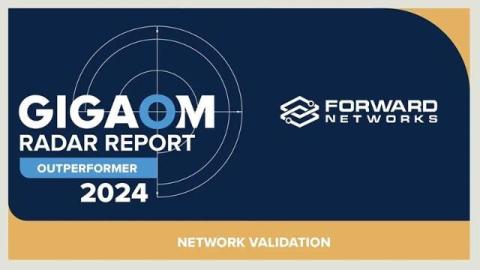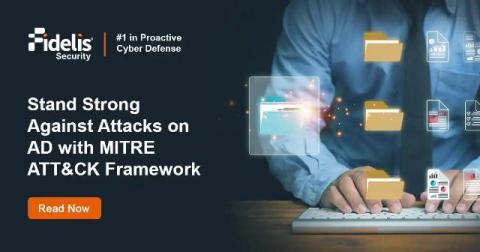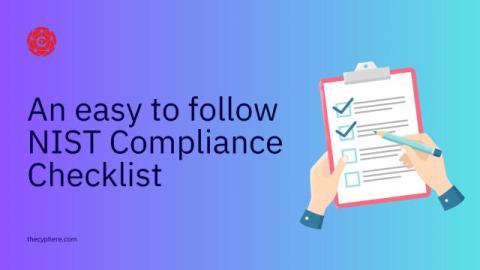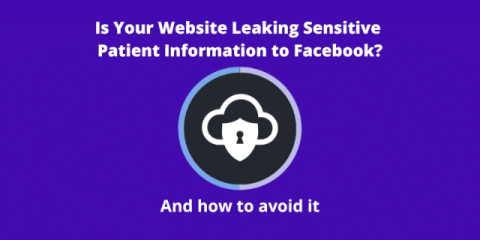How the Cyber Essentials Certification Can Help Your Business
Cybersecurity is a vital concern for organisations, but many security strategies fall short: recent research shows that 44% of UK companies are lacking in basic cybersecurity skills. The consequences of poor security go far beyond the direct impacts of cyberattacks, and the benefits of effective security are numerous as well.











